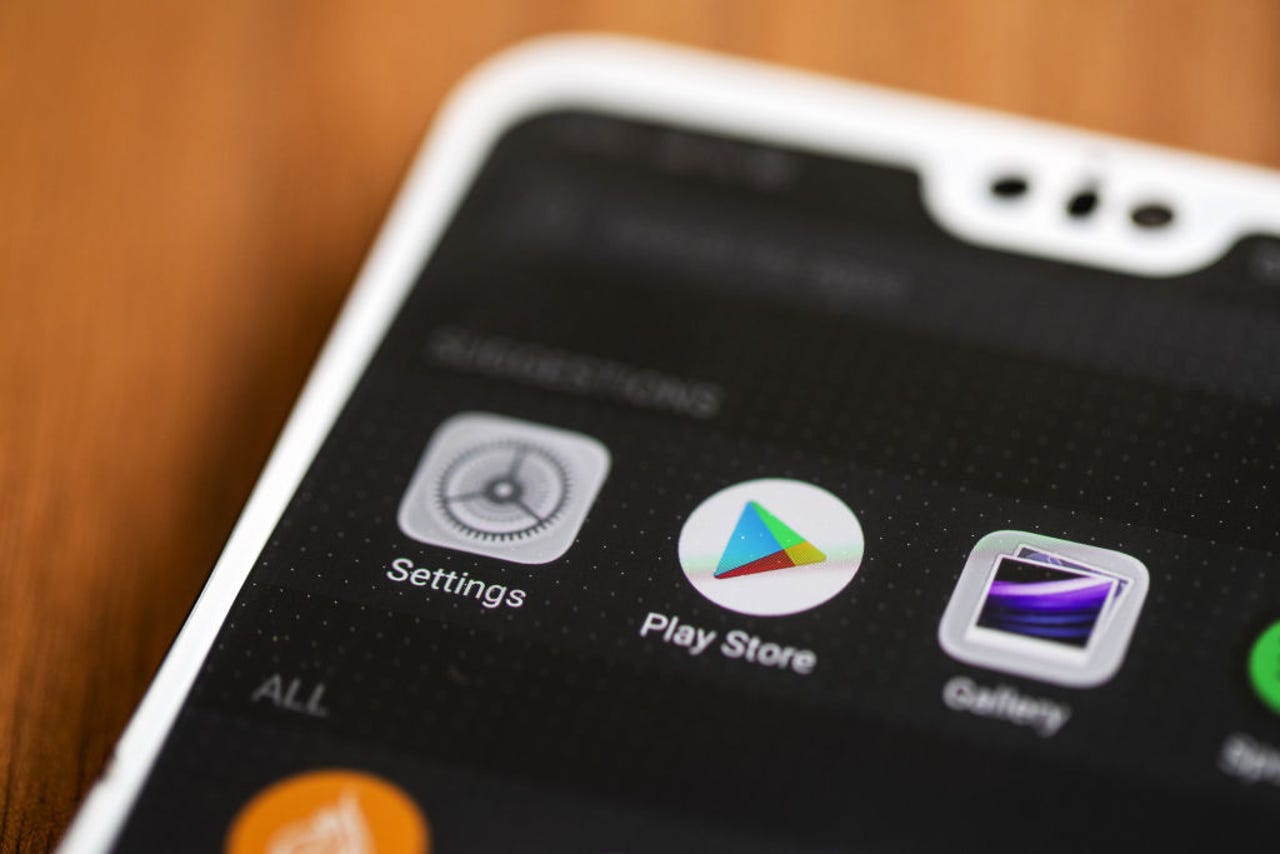































 Image: Getty Images
Image: Getty Images Google has agreed to settle a class-action lawsuit filed on behalf of Android app developers, the company said Friday. As part of the agreement, Google is setting up a$90 million fund to compensate developers who earned$2 million or less in annual revenue through Google Play each year from 2016 to 2021.
The settlement still has to be approved by the US District Court for the Northern District of California, where the case was filed. In a blog post, Google said the settlement "allows both parties to move forward and avoids years of uncertain and distracting litigation."
The vast majority of US developers who earned revenue through Google Play will be eligible to receive money from the fund. Those who are eligible will be notified. Hagens Berman, a law firm representing the developers, said nearly 48,000 app developers should qualify, with some likely to see payments upwards of$200,000.
SEE:The best 5G phones: Which flagship comes out on top?
Android developers filed this suit against Google in August 2020, alleging that Google forced them to use the Google Play Store to distribute their apps and then forced them to pay exorbitant fees.
In recent years, both Google and Apple have come under fire from regulators and developers for their alleged abuse of power over the marketplace for mobile applications.
Back in September 2020, Google gave all Android developers a year to adopt its in-app billing system for apps distributed on the Google Play Store to sell digital goods. The motivation for the move was to stop some popular apps, such as Netflix, Spotify, and Epic Games, from bypassing the system -- and the 30% cut Google took from those transactions. Epic sued both Google and Apple over their respective app store policies. Subsequently, both Google and Apple halved their standard commission on in-app purchases.
As part of the settlement, in addition to creating the$90 million fund, Google agreed that it would maintain the current 15% commission rate imposed on US developers for the first$1 million in annual revenue earned from the Play Store.
Google also agreed to revise its Developer Distribution Agreement to clarify that developers can use contact information obtained in-app to communicate with users out-of-app -- including about subscription offers or lower-cost offerings on a rival app store or the developer's website.
The company also agreed to maintain certain changes implemented in Android 12 that make it easier for people to use other app stores on their devices. Additionally, Google is creating an "Indie Apps Corner," which will appear on the Apps tab on the US Google Play homepage.
Lastly, Google has agreed to publish annual transparency reports about how Google Play operates, including statistics such as apps removed and account terminations.
 Tags quentes :
Negócio
Revelador
Tags quentes :
Negócio
Revelador